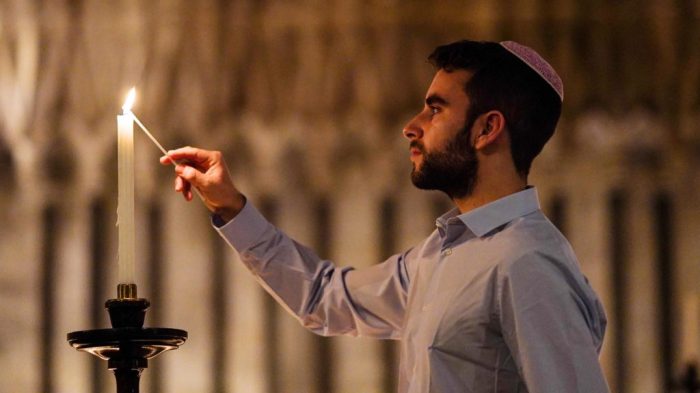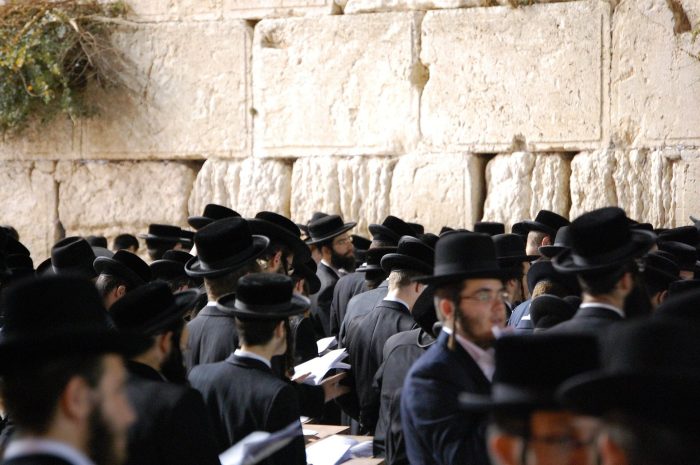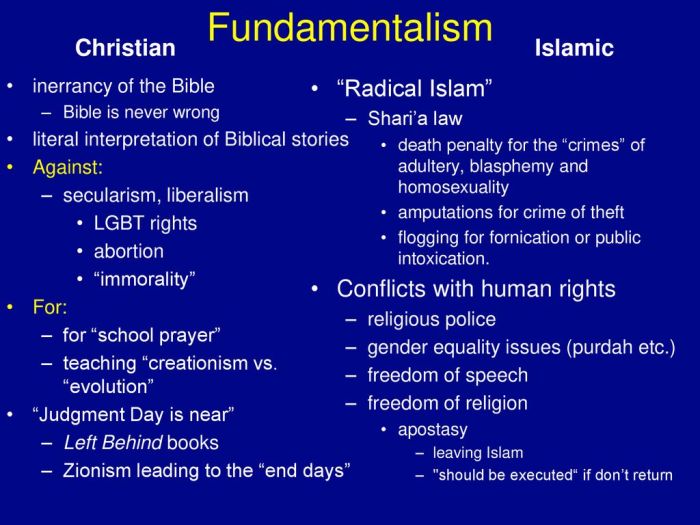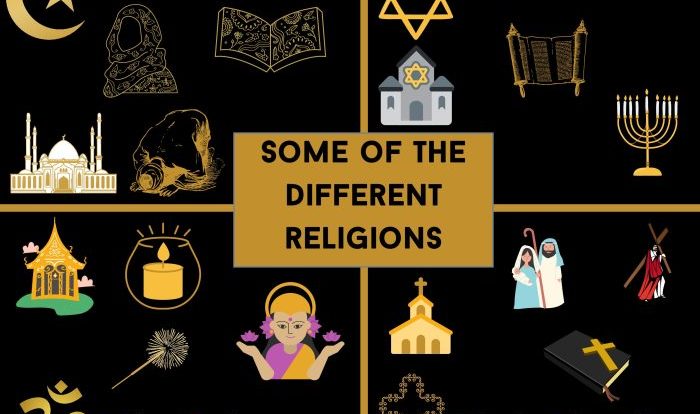Today the fundamentalist movement in the Middle East calls for a return to traditional values, a phenomenon that has captured the attention of scholars and policymakers alike. This movement, characterized by its strict adherence to religious scriptures and its rejection of modern secularism, has had a profound impact on the region’s politics, society, and culture.
The roots of fundamentalism in the Middle East can be traced back to the late 19th and early 20th centuries, a period of rapid social and political change. The region was experiencing the decline of the Ottoman Empire, the rise of European colonialism, and the introduction of Western ideas and values.
In response to these challenges, some Muslims turned to fundamentalism as a way to preserve their religious identity and cultural heritage.
Origins and Evolution of Fundamentalism in the Middle East: Today The Fundamentalist Movement In The Middle East Calls For

Fundamentalist movements in the Middle East have their roots in the region’s complex history and socio-political dynamics. They emerged in response to perceived threats to traditional religious values and societal norms, particularly during periods of rapid social change and political instability.
Key factors contributing to their growth include:
- Colonialism and Westernization: Western influence and the imposition of foreign values and practices led to a backlash from traditionalist elements within Middle Eastern societies.
- Economic disparities and social injustice: Poverty, unemployment, and inequality created fertile ground for fundamentalist movements that offered a sense of community and a promise of social justice.
- Political instability and authoritarianism: The absence of democratic institutions and the suppression of political dissent fueled the rise of fundamentalist groups as alternative sources of authority.
Ideological Tenets of Fundamentalism

Fundamentalist movements in the Middle East are characterized by a set of core beliefs and principles that define their worldview:
- Literal interpretation of religious texts:Fundamentalists believe in the literal and infallible interpretation of religious scriptures, rejecting allegorical or contextual readings.
- Rejection of modernism and secularism:They view modern society as corrupt and ungodly, and advocate for a return to traditional religious values and practices.
- Emphasis on personal piety and morality:Fundamentalists stress the importance of individual piety, moral conduct, and adherence to religious laws.
- Political activism and the establishment of an Islamic state:Many fundamentalist movements seek to implement their religious beliefs into law and establish an Islamic state governed by Sharia law.
Political Implications of Fundamentalism

Fundamentalist movements have had a profound impact on regional politics in the Middle East:
- Influence on government policies:Fundamentalist groups have exerted pressure on governments to adopt laws and policies that align with their religious beliefs, such as restrictions on women’s rights and the implementation of Sharia law.
- Electoral successes:In some countries, fundamentalist parties have gained significant electoral support, influencing the composition of parliaments and the formation of governments.
- Foreign relations:Fundamentalist movements have often been critical of Western policies and have played a role in shaping foreign relations in the region.
Social and Cultural Impacts of Fundamentalism

Fundamentalism has also had a significant impact on social and cultural norms in the Middle East:
- Restrictions on women’s rights:Fundamentalist movements have advocated for the enforcement of strict gender roles, limiting women’s access to education, employment, and public life.
- Erosion of cultural diversity:Fundamentalist ideologies have often sought to suppress cultural practices and expressions that are deemed to be un-Islamic.
- Social tensions:The rise of fundamentalism has led to tensions between religious and secular groups, as well as between different religious sects.
Top FAQs
What are the core beliefs of fundamentalist movements in the Middle East?
Fundamentalist movements in the Middle East typically adhere to a strict interpretation of religious scriptures and reject modern secularism. They believe that religion should play a central role in all aspects of life, from politics to economics to personal behavior.
What are the political implications of fundamentalism in the Middle East?
Fundamentalist movements have had a significant impact on regional politics. They have played a role in shaping government policies, electoral outcomes, and foreign relations. In some cases, fundamentalist groups have even come to power through democratic elections.
What are the social and cultural impacts of fundamentalism in the Middle East?
Fundamentalism has also had a profound impact on social and cultural norms in the Middle East. Fundamentalist groups have sought to impose their strict interpretation of religious law on society, often leading to restrictions on personal freedoms and the rights of women and minorities.
